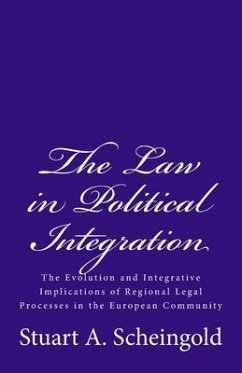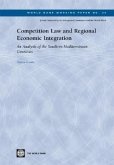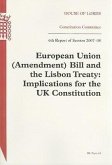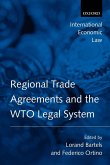Classic political and legal study of how the early years of formation of the European Union relied on consensus and legal processes -- but not an analogy to federalization as in U.S. Constitutional law -- to evolve integration and respect for higher authority than national law. Law and lawyers were involved in these early steps, as shown by political activity and research more than by the customary analysis of doctrine. Part of the Classics of Law & Society Series of Quid Pro Books, this book is recognized as a fundamental contribution to the developing conceptualization of the E.U. through law and politics. It was originally published in the Occasional Papers Series of the Harvard University Center for International Affairs. It is introduced and explained in its 2011 edition by E.U. expert Jörg Fedtke, a law professor at Tulane University. More recent studies confirm this line of inquiry, writes Fedtke, and "show just how topical the core ideas of THE LAW IN POLITICAL INTEGRATION remain today."








